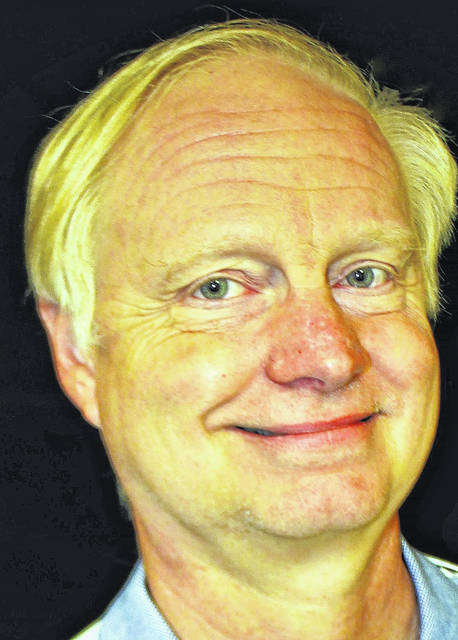
Why do Washington government officials basically get to determine what’s in the “national interest”? After all, the nation is comprised of the population.
And should “the national interest” over-ride what’s in the interests of humanity as a whole? Similarly with “national security”: Does it topple global security?
It seems these basic questions often go unconsidered when it comes to foreign relations.
The executive branch of the United States and the government of Iran are currently in conflict against each other. We can wonder whether public hearings where ordinary Americans get to do most of the talking might not be a more promising format than the normal approach where those who are meant to serve us are in the dominant speaking role.
In February 1998, the Clinton administration was expected to bomb Iraq. There was a town meeting or forum held at St. John Arena in Columbus, Ohio with then Secretary of State Madeleine Albright, Defense Secretary William Cohen and National Security Adviser Sandy Berger.
These executive branch officials were there to lay out the administration’s position on Iraq. They were not there to explain the policy of the U.S. government because that includes Congress’ 535 lawmakers, some of whom did not go along with administration policy. And they definitely were not there to explain “American policy” which presently includes more than 329 million people.
Audience members and callers asked questions as part of the event. A CNN news report at the time said the three federal officials “encountered a noisy, opinionated crowd and considerable opposition to another war with Iraq.”
Wouldn’t it be part of the democratic process to hold public hearings on relations with Iran and have members of Congress hear out their constituents?
The CNN 1998 report cited a source from a major European allied government who called the town hall format “a tactical mistake” by the administration because the event — which was telecast by CNN — was almost certainly seen in Iraq and “may have inadvertently given Saddam Hussein good cheer.”
We can ask today whether public hearings on Iran might give ordinary Iranians some comfort by realizing more fully that not all Americans want an attack to be launched.
Whether public hearings on Iran occur or not, there already exists a domain where we ordinary Americans can question thinking that would try to justify an assault. This gathering is the church, and by “church” of course is meant laypeople in addition to clergy.
Christianity is international in its presence around the globe. Many of us hope Christianity will also be “trans-national” in scope, and aspire to go beyond narrow national interests.
Gary Huffenberger is a staff writer with the News Journal. Reach him at [email protected] .


